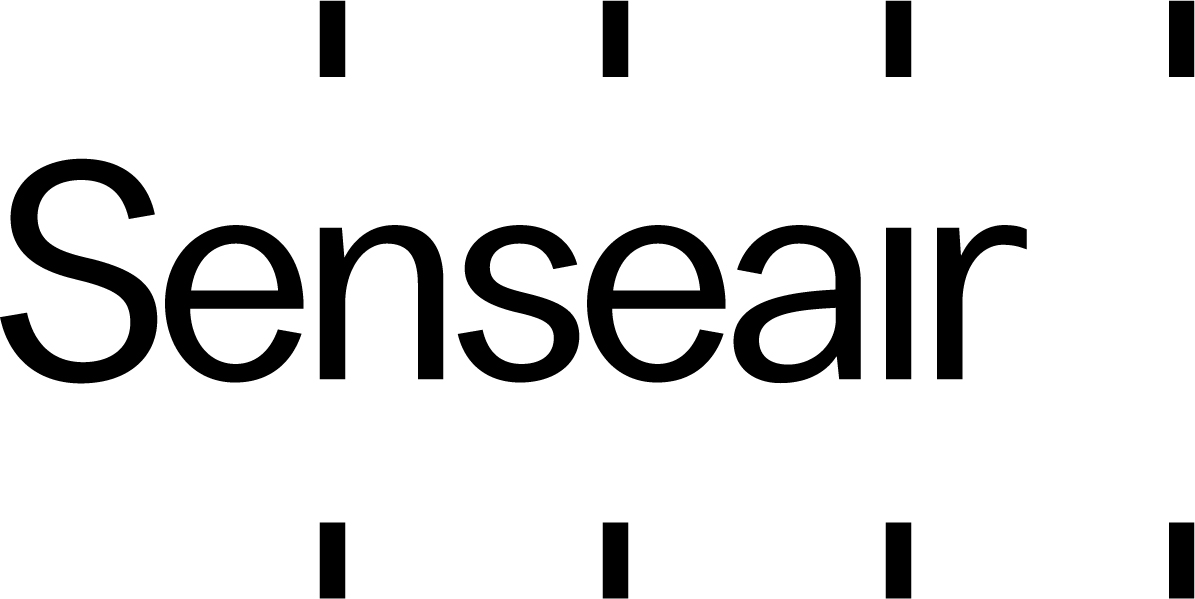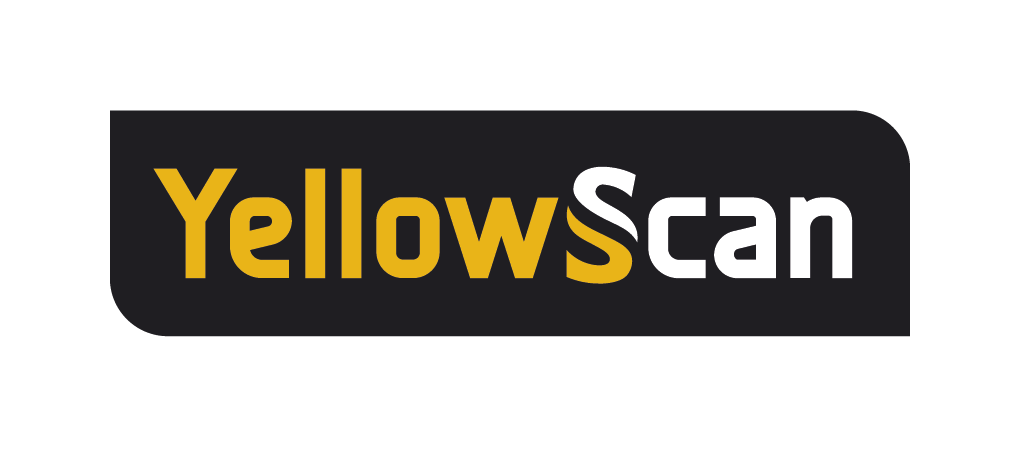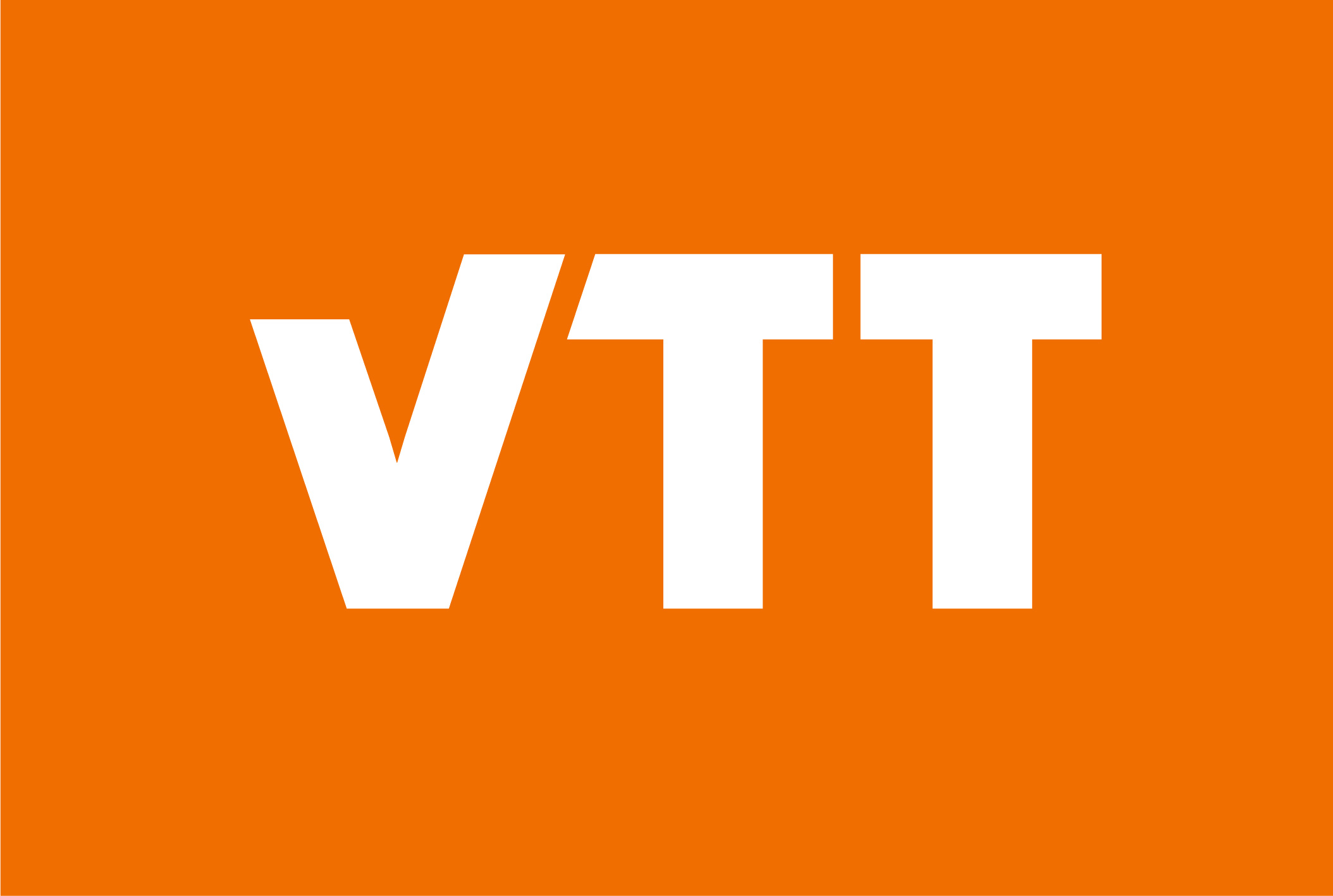Consortium

Description
Founded in 1837, the National Technical University of Athens is the oldest Technical University in Greece, in the top 400 institutions worldwide. It comprises 9 Schools, 512 faculty members, 4.090 external collaborators, 23.914 students, 300,000 m2 of installations, and more than 140 certified laboratories. NTUA is extensively involved in nationally and EU-funded research projects, with more than 1400 ongoing projects.
In Next-2Digits, NTUA is involved with its Laser Printing and Materials Processing (LMP) group, located at the Physic Department of the University, and headed by Prof. Ioanna Zergioti.
Expertise
The LMP group’s research activities encompass laser materials processing for electronics, photonics, optoelectronics, and biological applications.
The principal technology concerns the Laser Induced Forward Transfer (LIFT) for the deposition of liquid and solid phase organic and inorganic materials. It is used, for instance, for the digital fabrication of components and devices involving the nanomaterials, the development of OTFTs, OPVs, Graphene FETs and flexible touch sensors based on 2D materials.
In addition. NTUA’s LMP group has also a strong background in thin-film patterning, sensors’ development, and device structural and optical characterization.
Role in the project
- Technical Coordination of the project.
- LIFT of Graphene and Graphene h/BN on chips for all three applications developed within the project.
- Real-time imaging and surface topography mapping.
- Modelling of the Laser Digital Transfer (LDT) process, for direct on-chip integration, using Density Functional Theory (DFT) calculations.

Description
Graphenea Semiconductor is a world-leading supplier of CVD graphene films and graphene foundry manufacturing services. Founded in 2010 and currently employing a staff of 40 people, GSEMI has developed many processes and proprietary technologies that have enabled it to become a world leader in graphene materials, with more than 600 international customers. The headquarters is located in Donostia-San Sebastián (Spain). Additionally, it has a business office in Boston (MA), USA.
GSEMI is also a Graphene Flagship partner, supplying materials and devices for many groups within the EU’s research initiative.
Expertise
GSEMI’s activities encompass photonic, electronic and biosensing applications. Its expertise lies in the vertical integration, encompassing graphene growth, transfer, device fabrication and post-processing.
GSEMI specializes in designing, manufacturing, and supplying graphene-based chips and materials to meet customers industrial needs. Its catalogue spans from 1×1 cm2 single layer graphene films on a variety of substrates, to fully customized graphene-based device architectures implemented on wafers up to 150 mm, manufactured within the foundry division.
Graphenea will participate in the innovative challenge of introducing graphene into photonic integrated circuits (PICs) through the wafer-scale integration of 8-inch graphene growth and transfer. Graphenea will use their semiconductor and manufacturing expertise to scale-up the design and the development of the first hybrid Graphene-based photodetectors (PDs) and modulators (MDs) integrated in all three project’s application.
Role in the project
- Supply graphene-based donor substrates to transfer graphene pixels via laser direct transfer (LDT) on Si platforms.
- Optimizing the growth parameters for graphene and graphene-based donors, according to the process flows of SOI platforms and the wafer scale integration of the produced graphene by optimized semi-dry transfer process for 6-inch and 8-inches wafers.
- Provide high-quality graphene coverage for full 6-inch and 8-inch wafers with controllable defect tolerance below 800 ppm, as determined by optical microscopy.
- Process flow architecture designs for the development of photonic integrated circuits (PICs) according to the end user’s requirements.

Description
Ommatidia LiDAR is a leading expert in LiDAR technology, building on proprietary technology that allows faster, more accurate and longer-range 3D imaging than was previously possible.
Founded in 2020, OMMA counts as of today 20 employees. It has two main offices: the headquarters is in Madrid (Spain) and there is also an office in Rijswijk (Netherlands).
Expertise
OMMA operates based on the well-known principle of Frequency Modulated Continuous Wave (FMCW), where distance information is derived from the frequency difference between the received and reference signals. In this process, a single-frequency laser undergoes frequency modulation, where a portion of the modulated signal serves as illumination for the scene, and the rest acts as a reference. The reflected illumination signal, delayed compared to the reference signal, is combined to produce a frequency beat, directly indicating the object’s distance.
Notably, all the elements of the systems are chip-based, ensuring scalability and cost-effectiveness, aligning with the demands of large-volume markets, particularly the drone industry targeted in this project.
The development of compact graphene base detectors will help further decrease the footprint of the systems developed while addressing the challenges proper to drones namely weight and power consumption further decreasing the cost (in volume) of a single unit.
Role in the project
OMMA will contribute to Next-2Digits by:
- Defining the specifications required in the project at the system level as well as chip level.
- Providing layouts to fabricate the appropriate chipsets.
- Delivering a LiDAR unit to the drone use case owner and contributing to its integration.
- Bringing its expertise in other optical detector systems by providing the test setups required to evaluate the graphene-based sensors developed in the project and provide a benchmark against other established technologies.

Description
Silex Microsystems is the world’s largest pure-play foundry for micro-electromechanical systems (MEMS). As a foundry, SILEX has around 100 different products simultaneously for a variety of global customer in a state-of-the-art 200 mm Silicon wafer fab. The largest customer segments are industrial & Auto, Life & Medical, Consumer and Telecom market.
Founded in 2000, SILEX is located in Järfälla (Sweden) and currently comprises 420 employees.
Expertise
SILEX core expertise lies in its state-of-the-art MEMS manufacturing capabilities combined with a responsive and collaborative team of experts. The business model focuses on bringing MEMS process development from inception to qualified volume production in the shortest possible time.
In Next-2Digits, SILEX will focus on bringing graphene from lab to fab by qualifying and integrating 2D material processing into an existing MEMS 200 mm wafer production line. The goal is to shorten the time-to-market on future graphene-based MEMS devices.
Establishing 2D materials process capabilities at SILEX will greatly contribute to enable cutting-edge IC and MEMS manufacturing in Europe while maintaining and further developing core competences within the European Community.
Role in the project
SILEX will establish a 2D material technology block, including:
- Evaluating integration risks with graphene and potential risks for other products in the production line.
- Gather general know-how on handling and processing.
- Establish in-line characterization methods.
- Manufacturing 2 graphene-based MEMS chips for the projects end-users. More precisely, related to the greenhouse gas sensor and the Lidar applications.

Description
Senseair is an innovative and world leading provider of the Non-Dispersive InfraRed (NDIR) gas sensing solution, especially for carbon dioxide (CO2) gas sensors. Founded in 1993, SENSE has more than 30 years of experience in the field of gas measurement technology. The head office is located in Delsbo (Sweden) where production and quality control are carried out. Currently, SENSE has more than 200 employees that work at several offices located in Sweden, Germany, China, and the USA.
Expertise
SENSE has extensive experiences on advanced waveguide devices using silicon photonics platforms and MEMS technology.
In Next-2Digits, SENSE aims to develop next generation of the Non-Dispersive InfraRed (NDIR) gas sensor solution based on advanced integrated waveguide technology using graphene as 2DM in Si Photonics platform. This approach promises further devices miniaturization, lower power consumption and lower production cost compared to the current existing commercial NDIR gas sensor solution.
Role in the project
SENSE will contribute to:
- Define the requirements and specifications of the device in components and system level
- PIC design and evaluation
- Integration of the realized waveguide gas sensor device with other components to create a multi-functional sensor unit.

Description
YellowScan designs, develops, and builds LiDAR solutions for professionals that require performance, robustness, and accuracy.
Founded in 2012 with its headquarters in Montpellier (France), YSCAN now has sales, customer training, and support representatives around the globe. In fact, YSCAN has two subsidiaries. One is located in Salt Lake City, Utah, USA and the other in Tokyo, Japan. YSCAN also has one office in Germany and another one in Australia, with a total of 70 employees.
Expertise
With some hardware and software solutions which are easy-to-use data collection tools, YSCAN products come with embedded laser scanners, INS, GNSS receivers, and onboard computing. Each system is designed to meet the highest precision and accuracy needs for 3D mapping.
YSCAN customers use their products worldwide in surveying, forestry, environmental research, archaeology, industrial inspection, civil engineering, and mining sectors.
Role in the project
YSCAN contribution to Next-2Digits is to bring the core technology developed within the project into an integrated solution that can be used by end customer.
YSCAN will take the innovative sensor developed within Next-2Digits and integrate it within their framework (sensor fusion, firmware and software) in order to offer it as a complete solution for the 3D mapping from drones.
Beside hardware integration, a significant part of YSCAN’s work will be to develop state-of-the-art data processing algorithm to leverage the sensor’s performance (precision and accuracy) and position the solution as leader of the lidar for drone market.

Description
Linköping University is one of Sweden’s large universities, founded 1975, with approximately 36 000 students and 4 300 employees.
LiU has four campuses, with the main Campus Valla in Linköping hosting the Next-2Digits work. The LiU Next-2Digits team is working in the Biogeochemistry and environmental sensing research group at the interdisciplinary Department of Thematic Studies – Environmental Change. Their research regards, for instance, contaminant and element cycling, climate change, and better methods for environmental measurements.
The department harbour an advanced environmental science laboratory, with very broad analytical capacity spanning almost all elements in solid, liquid, and gaseous phases, as well as a large number of organic compounds, and with capacity to design and build sampling and sensing units for field use.
Expertise
With respect to Next-2Digits, the research group is currently active in developing novel types of measurement approaches to quantify and enable effective mitigation of greenhouse gas emissions.
LiU will contribute to developing applications for use of sensors in gas monitoring systems at facility scales, to enable local control, management, and mitigation of emissions. Generation such systems that are user friendly and affordable will be an important and highly needed innovation. The primary target is methane in biogas facilities in response to the accelerating climate change and the Global Methane Pledge.
Role in the project
LiU will build on long-term experience of testing and validating methods for monitoring of trace gases. In Next-2Digits, LiU will perform:
- Evaluation of Next-2Digit gas sensor systems under relevant end-use conditions, assessing accuracy & precision.
Comparison of the obtained data with data from parallel gas measurements with alternative techniques.

Description
Bert Energy was founded 2010 with the mission to make use of the free fuel (bio waste) and extract the energy (biogas/methane), reduce the smell, and produce a potent bio-fertilizer. BERT’s technology is patented and available to many other companies globally by a Franchise Partner System.
Under BERT’s lifetime, over 140 biogas plants have been built globally, mainly farm size plants with less than 50 kW CHP. With a team of about 30 people, and with its headquarters in Leverkusen (Germany), BERT has also subsidiary in Pune, India and join venture companies in Chennai, India, and Prague, Czech. In these two locations, BERT has one manufacturing site for each.
Expertise
Biogas plants, which produce methane (CH4), pose environmental and economic risks due to uncontrolled leakages. Approximately 80% of global biogas plants lack biogas/methane sensors, primarily because existing sensors are expensive and calibration costs are prohibitive, especially for smaller plants. The absence of sensors results in economic losses for plant owners and environmental harm. To address this, Bert is working on producing low-cost biogas/methane sensors. Multiple sensors may be required to monitor large biogas plants covering expansive areas, exceeding 3000 m².
Currently, BERT has developed containerized biogas plants, called Bert Mobil. These biogas plants are 100% premanufactures and highly standardized, targeting mainly hotels, restaurants, resorts, universities, factory canteens, food factories, farmers, municipalities, etc.
The project innovation would be the low cost /OPEX and low maintenance sensors that could wirelessly be connected and thus all biogas plans being monitored closely.
Role in the project
BERT’s main role will be:
- Advising in the design and functionality of the sensors as practical user
- Providing access to various sizes of biogas plans in various countries for testing the sensors
- Providing feedback about the practical use and application of the sensors and its practical results for biogas plant owners and the environmental impact/consequences
- Helping in installing the various sensors and assisting in operating, service and giving feedback

Description
VTT Technical Research Centre of Finland is a state-owned non-profit research and technology organisation (RTO) with the aim of strengthening Finnish and European industrial competitiveness in multiple fields ranging from sustainable food and energy production to quantum computing.
Founded in 1942, as an RTO, VTT acts between universities and industry, bringing basic research towards industrial adaptation and helping the industry in their R&D needs.
Expertise
Graphene industrialisation at VTT is based on 2600 m2 cleanroom in Micronova, Espoo (Finland) with a focus on wafer-scale CVD graphene process optimisation for electronics, photonics and sensors, including the integration on silicon complementary metal–oxide–semiconductor (CMOS) for multiplexed sensor arrays.
In addition to the Multi-Project Wafer (MPW) runs, VTT offers contract research, prototyping and small-scale manufacturing.
Next-2Digits targets to integrate high responsivity graphene photodetectors on VTT’s low-loss thick-SOI platform using escalator concept where the light is forced near the waveguide surface. This will add new cutting-edge integrated photodetector to the platform. Together with partners, VTT will develop polarization diversity receiver by using thick-SOI integrated photonics platform and high responsivity graphene detectors.
Role in the project
- Develop building blocks to enable integrated photonics polarization diversity receiver. Existing building blocks on thick SOI platform enable ultra-low loss (1 dB/cm) waveguides and fabrication tolerant low loss multimode interference couplers to enable power splitters with broadband operation.
- Tune passive components to have polarization and power splitters at 1300 nm and 100 nm bandwidth.
- Develop graphene-based high responsivity (~ 0.5 A/W) photodetectors on the platform to ensure balanced detection. Different coupling efficiency between TE and TM modes is mitigated by tuning the graphene detector length for each mode.

Description
Gooch & Housego is a photonics technology business headquartered in Ilminster Somerset (UK) with operations in the USA and Europe.
Founded in 1948, G&H works with OEM customers worldwide, providing optical systems, assemblies and components often deployed in harsh environments. The company is a world leading photonics engineering group; experts in the technology of light. G&H provides components and subsystems critical to the functioning and differentiation of our customers’ systems.
Expertise
As a leading manufacturer of photonics components and sub-systems for medical diagnosis equipment, G&H has a team of highly experienced R&D and Product Engineers working in advanced development laboratories. Design capabilities include design of electronic circuits, laser systems, optics and ruggedized mechanical systems. G&H has full product qualification facilities and a long track record of taking advanced photonics to market.
In Next-2Digits, G&H will develop and validate an integrated-photonic coherent receiver fabricated using novel 2D-material active components – in this instance Graphene photodetectors.
Role in the project
- Leverage existing expertise in the design and validation of the graphene-enabled integrated polarisation-diverse receivers.
- Design the data-readout electronics and prototype packaging according to the existing world-leading standards.
- Carrying out the characterisation of the components and the full system with comparison to existing devices, focusing on parameters which influence the imaging capability.
- Testing the system, using a “dummy” sample, on-site at a healthcare facility.

Description
AMIRES is a consulting and management company for research, development and innovation projects, which provides the necessary strategic and administrative support to international teams to achieve their objectives and facilitates the research-industrial and research-policy making interface. Founded in 2009, AMI is based in Prague (Czech Republic) but provides its services all around Europe.
AMI follows projects from their initiation and planning, through negotiation, execution and management to the final stage, where exploitation of new technologies, products or services is facilitated.
Expertise
AMI is specialized in creation of consortia of partners with common aim for product or service innovation with significant potential for know-how commercialization. It has a unique and profound knowledge of the European public funding environment (e.g., Horizon 2020 and Horizon Europe) as well as broad network of market key-players contribute to the high quality of entrusted projects.
AMI offers also links and access to technical ecosystems across Europe, which will help achieve the required impact and find/create synergistic effects with related initiatives. As an example, AMI has created the ecosystem platform used by PHOTONHUB (Photonics Innovation Hub for Europe) which consolidates most of the photonics-based services and expertise found in Europe.
Role in the project
AMI’s role in Next-2Digits is:
- Project Management (coordinating partners’ cooperation and monitoring the project’s progress, performing financial and administrative management)
- Coordinating all dissemination and communication activities within the project including setting up of the webpage, communication via social networks and creation of tangible dissemination materials
- IPR management and exploitation strategies